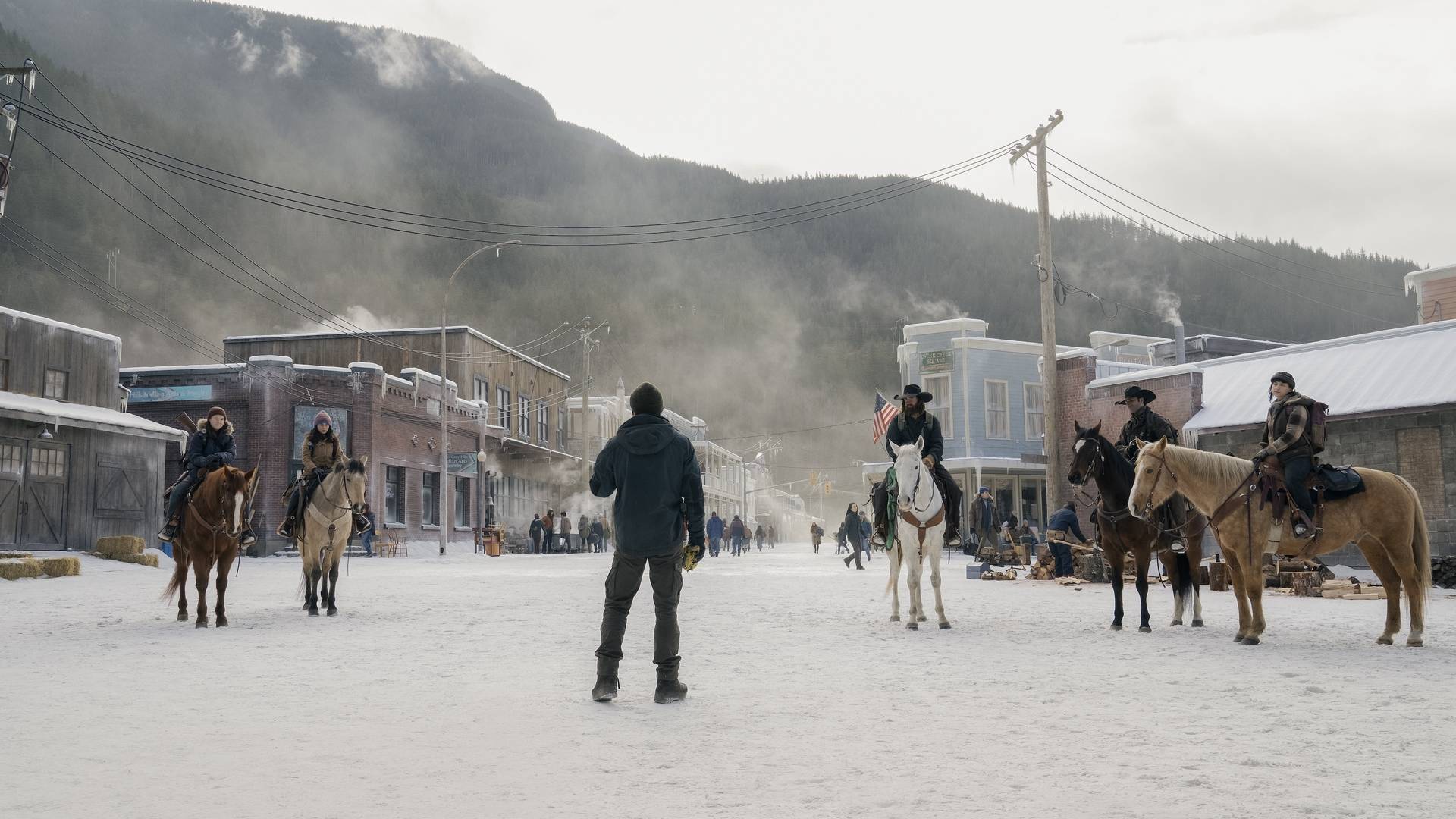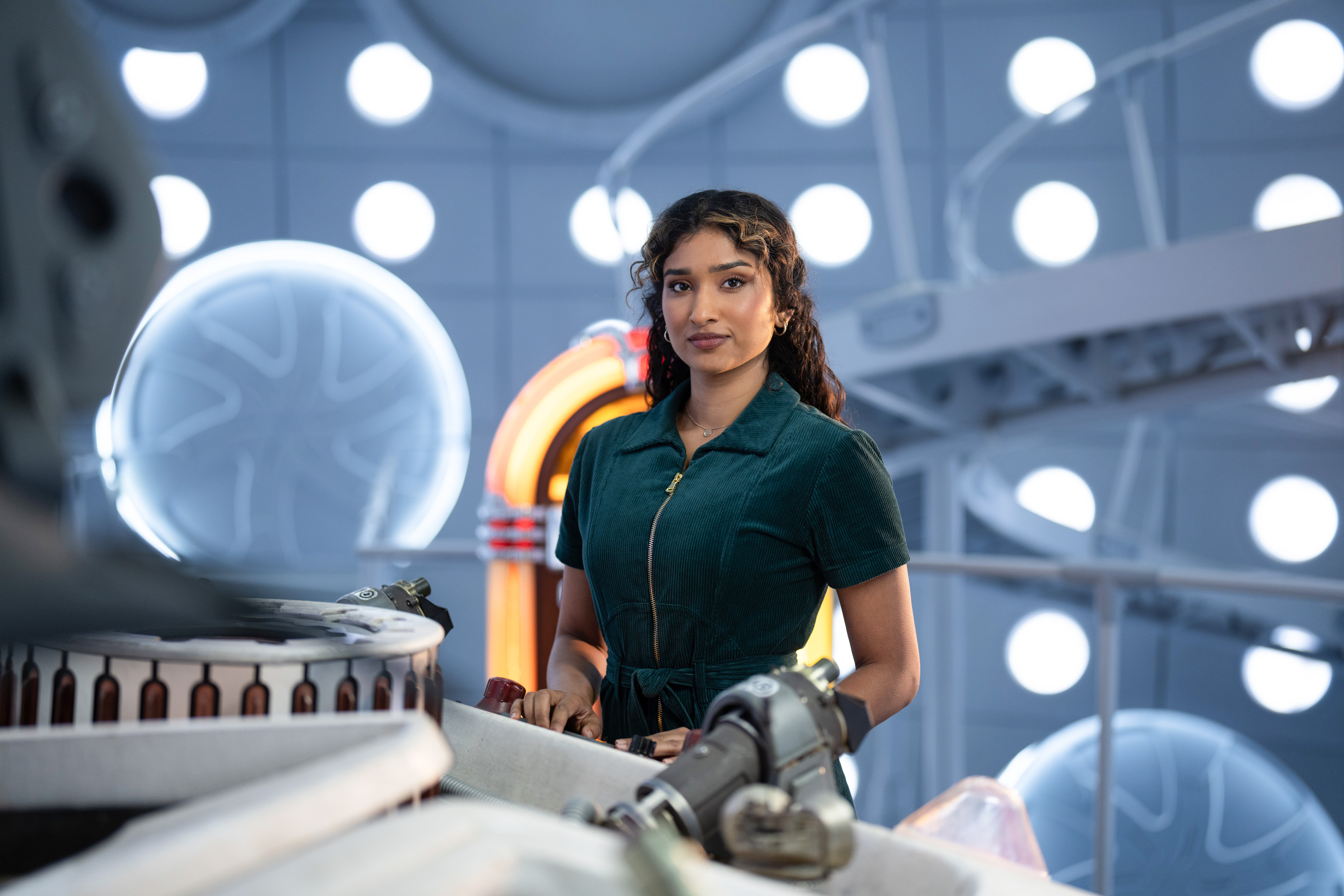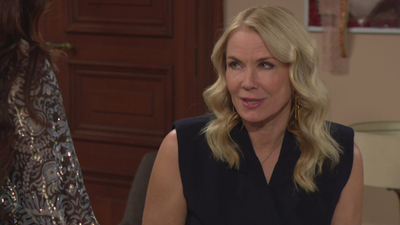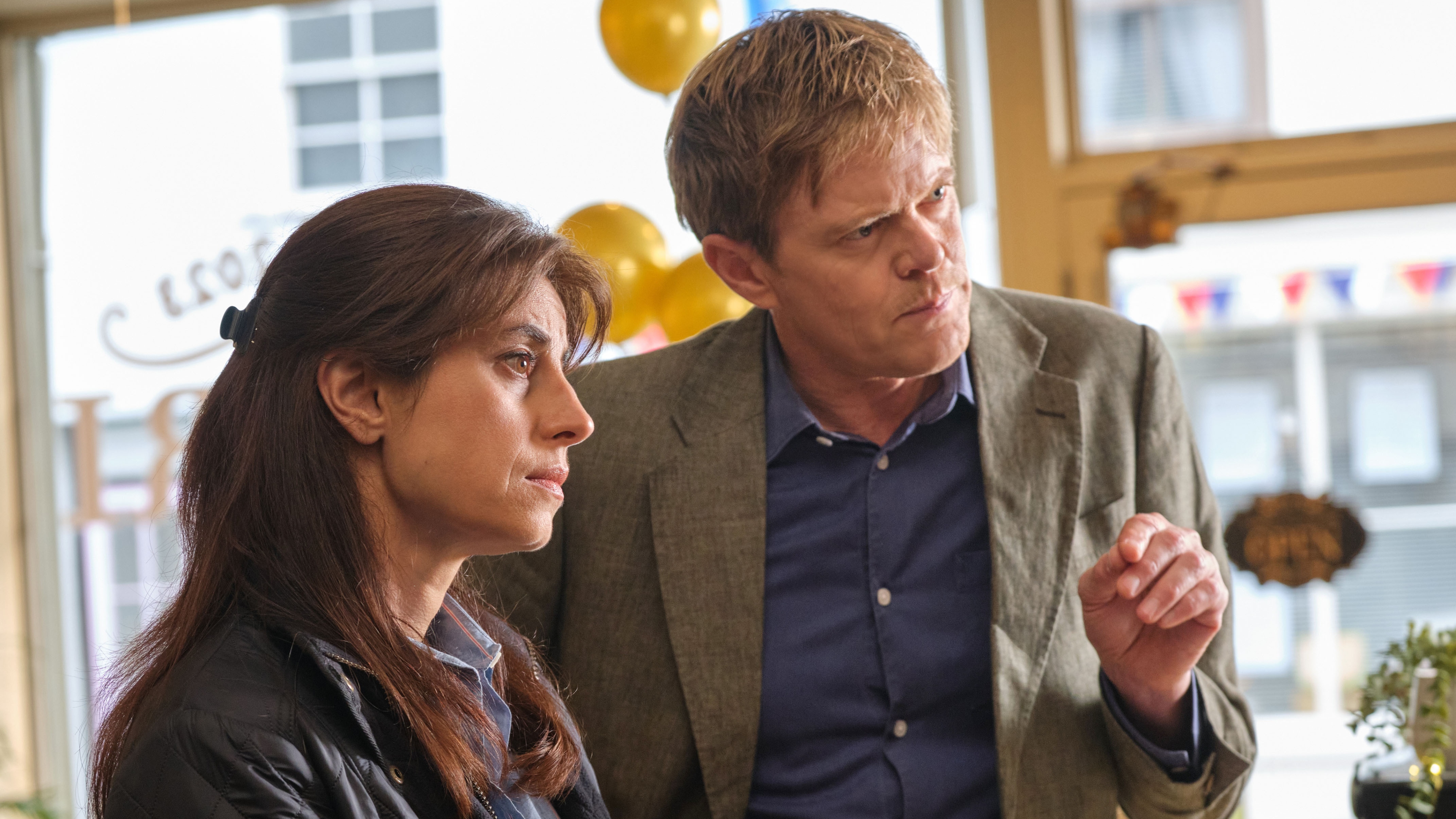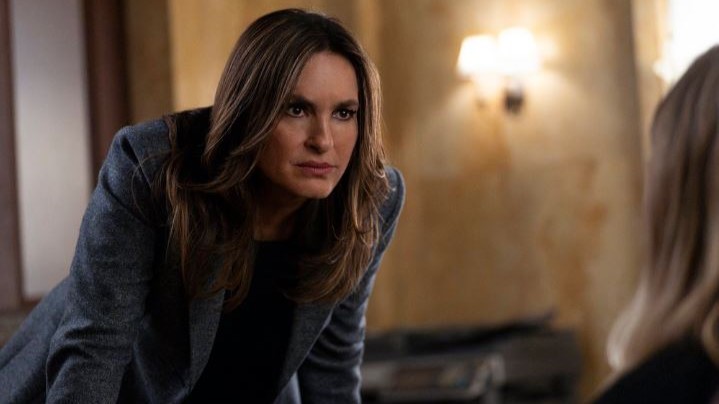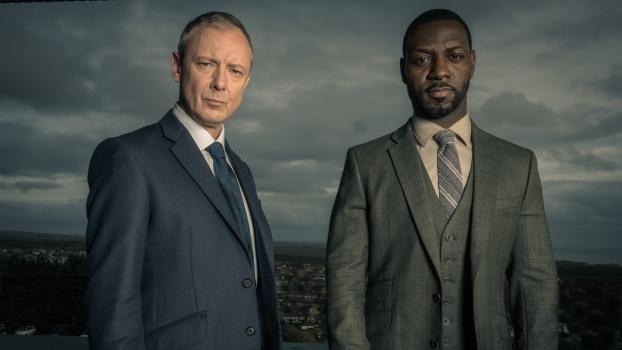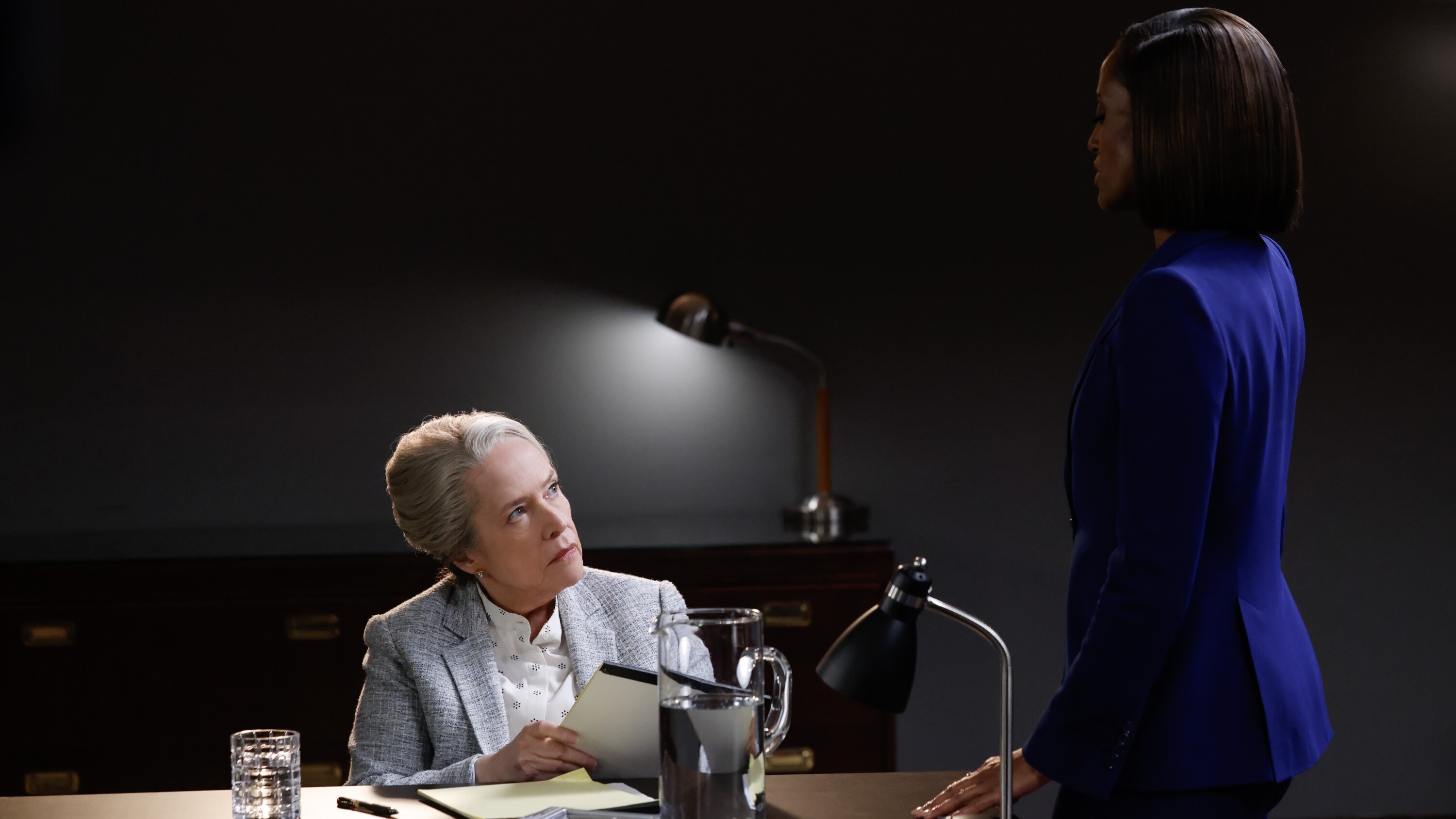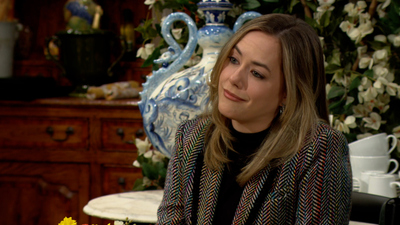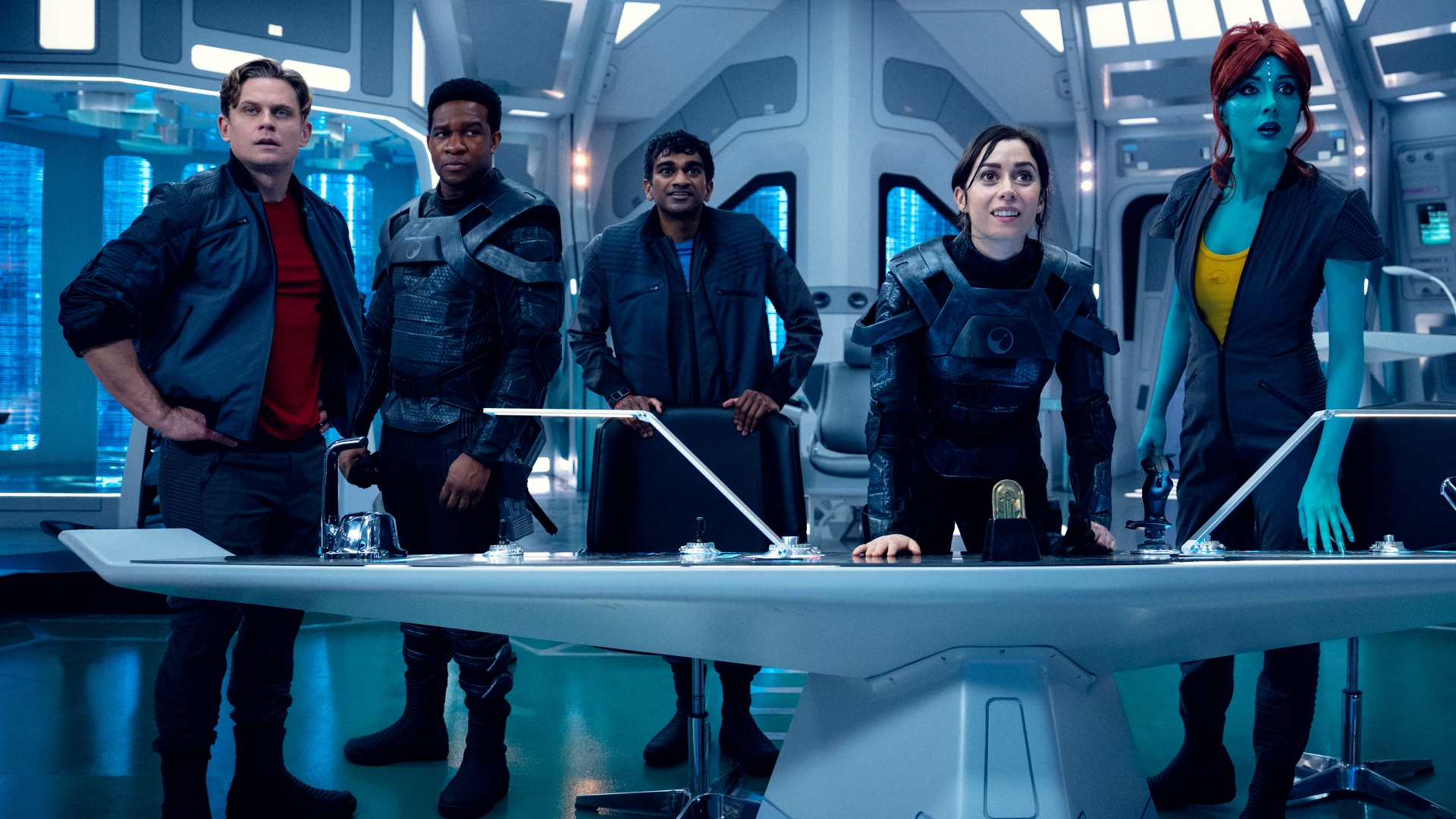‘The Godfather Coda,’ Francis Ford Coppola and a very different destiny than originally planned
With 'The Godfather Coda,' Francis Ford Coppola re-edits the third 'Godfather' film and attempts to mend its troubled reputation.
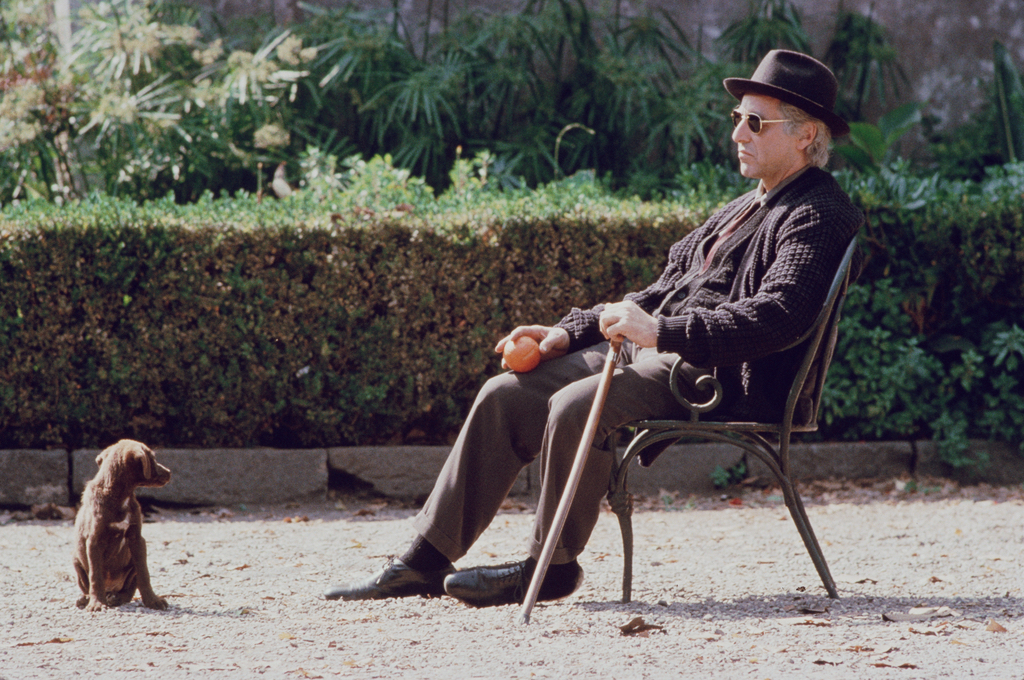
The Godfather Part III may not be the most infamous sequel of all time, but it ranks pretty highly on a list filmmakers don’t want their venerated works to be part of. With The Godfather and The Godfather Part II, Francis Ford Coppola created two of the most indelible films not just of the 1970s but in the history of American cinema, and returning for a third felt just from its inception like an act of hubris, or perhaps desperation. Truthfully not as bad a film as its reputation might suggest, Part III’s biggest problem was its attempt to replicate the structure, tone and pacing of its predecessors, without their purposeful focus. On the film’s 30th anniversary, Coppola has released a new version entitled The Godfather Coda: The Death of Michael Corleone, restructured and slightly shorter if not markedly more successful, exposing both the ways that the original cut always worked, as well as elements that despite his best efforts were never going to.
Having revisited all three of the original films earlier this year (without knowing this was yet to come), it’s fascinating how closely Coppola’s original cut of Part III mimics the first two, starting with a sprawling family celebration and ending with a consolidation of power and restoration of the status quo. Coppola’s The Godfather Coda cuts more quickly to the chase, unbothered by the need to echo those past glories quite so emphatically, as Michael Corleone’s social position has already become a foregone conclusion rather than a particular moment of anointment. From there, Coppola shuffles more busily towards a finale that Michael anticipated but could not prevent, as the acts of violence perpetrated in his name — not just in this film, but as part of an historic cycle — lead to devastating repercussions. Funnily enough, Part III already featured the actual death of Michael Corleone, but this one treats that title as the metaphor it was perhaps always meant to be, changing the ending from a bookend to the death of his father Vito Corleone (Marlon Brando) in The Godfather to a purgatory that Michael can never escape for his sins.
Materially, the movie is not significantly different, and Coppola’s rearrangement of footage does not transform or elevate it into anything it wasn’t before. The filmmaker reportedly always wanted to call it The Death of Michael Corleone, but a third film that is simply a conclusion to its predecessors (which were perfectly conclusive) is fairly absurd as a creative endeavor, much less a financial one for Paramount, who rightfully refused back then. But Coppola zeroes in on moments that carried significant meaning then, and have become pivotal now, particularly to Michael’s journey from the idealistic outlier of the Corleone family to its most entrenched and ruthless proponent.
Not only does he confess his sins, including to the murder of feckless Fredo — to a stranger, much to Connie’s myopic incredulity — but he unburdens himself, or so he believes, from everything but the family name and its prestige by elevating Sonny’s “bastard” son Vincent to Don. And yet we watch him leave the room as Al Neri and his former lieutenants swear their fealty to Vincent, and there’s an intriguing mystery behind his sunglasses: is he reluctant to let go of control of the Corleone authority, having venerated its name, or is he relieved? Coppola thankfully does not underline these moments to more emphatically build suspense.
Coppola also handles the relationship between Michael and Kay (Diane Keaton) more dexterously — so much so that Keaton reportedly recently indicated that it redeemed the film for her. Much like with his other choices, where it works is in avoiding clarity or resolution, but providing greater detail: they still share a ride through the Sicilian countryside with him as her driver and escort, but she fearlessly confronts him about his legacy, while acknowledging the love that she suppressed when she discovered who he was, or became. An extended scene in which she admits she will always love him is interrupted by the announcement of a murder, and Coppola lingers on her reaction from the other room; it exemplifies the distance his “family business” imposed, and reminds her that no reconciliation or forgiveness can erase the bloodshed that his name and his choices caused.
Thankfully, it feels like there’s much less of the legal maneuvering that dominated and dragged the middle of Part III in Godfather Coda, and Anthony’s debut at the Sicilian opera house now more effectively frames the pivotal developments that occur during and after his performance rather than making it seem like they’re scrambling to keep up. Ending with an opera was already a wild act of self-indulgence, and Coppola thankfully scales back the previously overlong scenes where we’re essentially watching Anthony (Franc D’Ambrosio) alongside his family, giving his audience enough credit to follow the parallels and tightening their convergence towards a tragic, inevitable ending. Meanwhile, if the movie never fully manages to convince us how and why Vincent falls for Michael’s daughter Mary, Coppola gamely tries to rehabilitate his daughter Sofia’s unfairly-derided performance in the role. Her selection after Winona Ryder dropped out for “nervous anxiety” has become a matter of Tinseltown lore, projected onto the rest of the movie’s failings, but Sofia’s simple, straightforward performance at least makes audiences love the character a bit better, if not Vincent as well.
Ultimately, The Godfather Coda works best when it’s not trying to echo the gravitas of the first two films, and simply exploring the reverberations, both strategic and existential, that Michael’s behavior set into motion. It’s also easy to believe that a few decades of mob stories, from Goodfellas in the same year as Part III’s original release to The Sopranos’ open-ended finale, might have impacted Coppola’s sense of this story’s closure, eschewing the tragic nobility he imparted with the original ending to one more reflective of the actual span of time, the getting older but not necessarily wiser.
Get the What to Watch Newsletter
The latest updates, reviews and unmissable series to watch and more!
Here, Michael’s losses feel like karmic retribution, and his expressions of grief a cathartic outlet of all the control that he maintained for so many years — over his feelings, his career, about the world that he was obligated to protect. But that doesn’t redeem him any more than confession did, and the imprint of prestige and respectability don’t justify or balance a ledger full of irreversible personal losses. If that realization by Coppola doesn’t necessarily make The Death of Michael Corleone an equal chapter in this acclaimed, front-loaded trilogy, then at least it’s a bit worthier as a follow up, as both the character, and the filmmaker, shrewdly do not try to recreate former glories, but simply come to terms with the price of ever reaching them in the first place.
Todd Gilchrist is a Los Angeles-based film critic and entertainment journalist with more than 20 years’ experience for dozens of print and online outlets, including Variety, The Hollywood Reporter, Entertainment Weekly and Fangoria. An obsessive soundtrack collector, sneaker aficionado and member of the Los Angeles Film Critics Association, Todd currently lives in Silverlake, California with his amazing wife Julie, two cats Beatrix and Biscuit, and several thousand books, vinyl records and Blu-rays.


